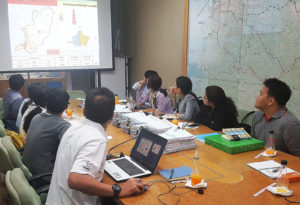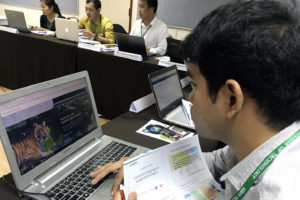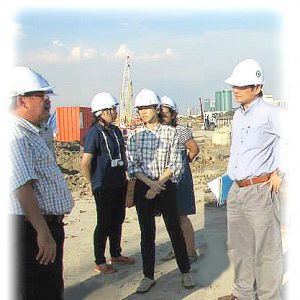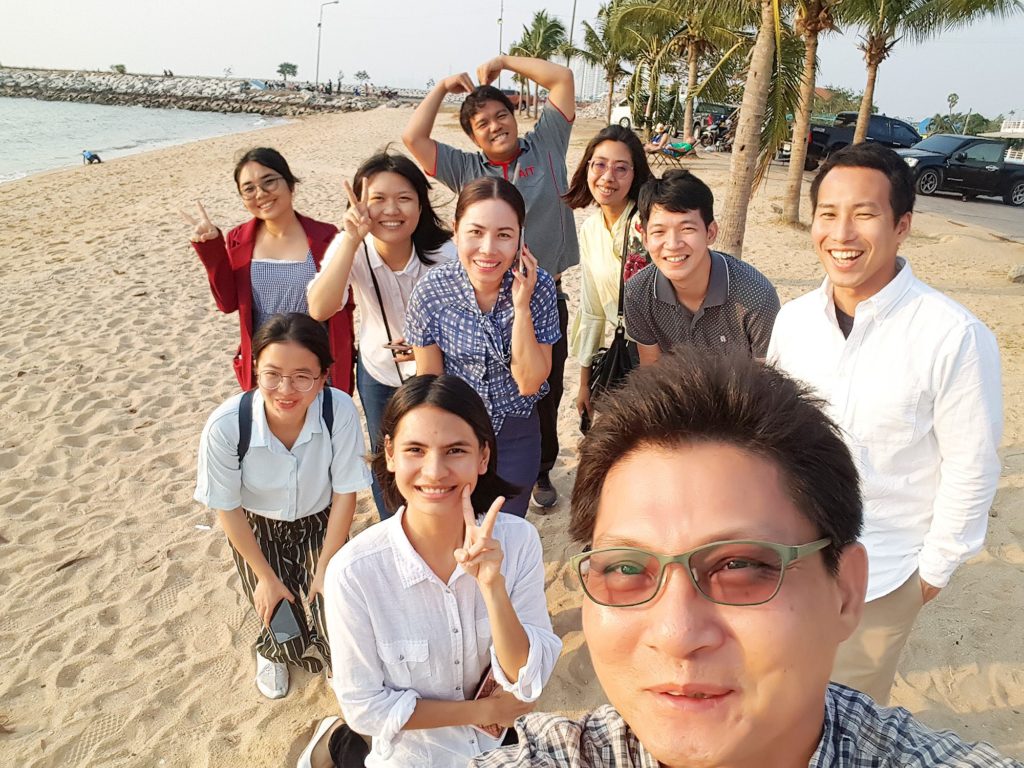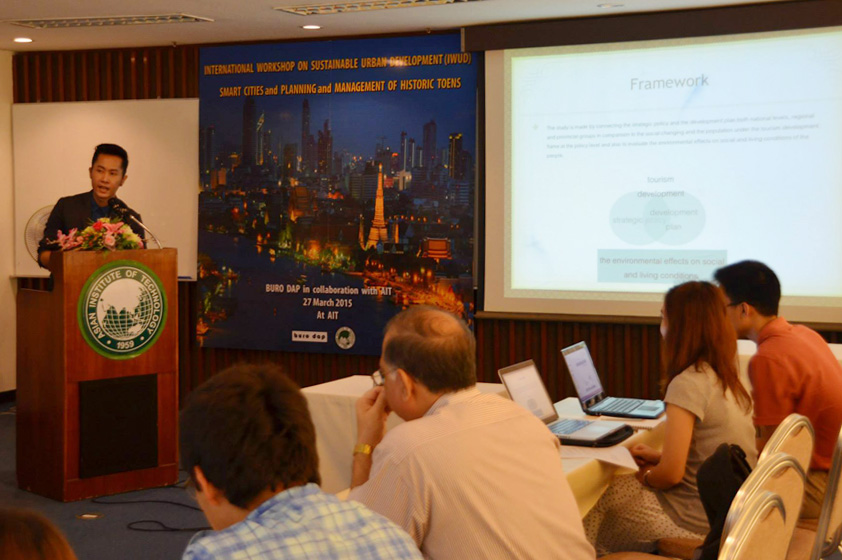The MSc program aims to equip students with a cross-disciplinary stance, concept and tools to manage urban environment, with enhanced skills of practical decision making and increased credibility for problem solving. The thesis or research study is the final requirement of the MSc degree. It is an opportunity for the students to apply concepts, theories, methods, and tools learned during coursework to practical situations. The whole program is completed in 4 semesters and is of 48 credits, with a choice of thesis or a research study. If thesis is chosen, coursework will comprise of 26 credits and thesis will comprise of 22 credits; and if research study is chosen, course work will comprise of 38 credits and research study will comprise of 10 credits. Students may pursue a maximum of 3-credit internship after completing their coursework.

